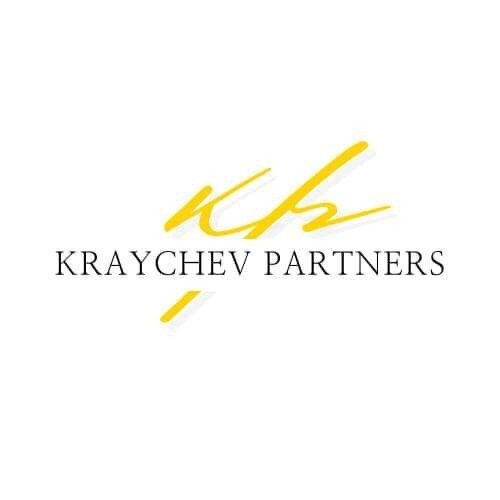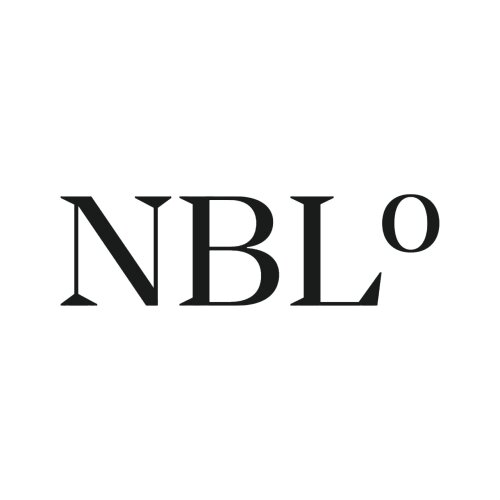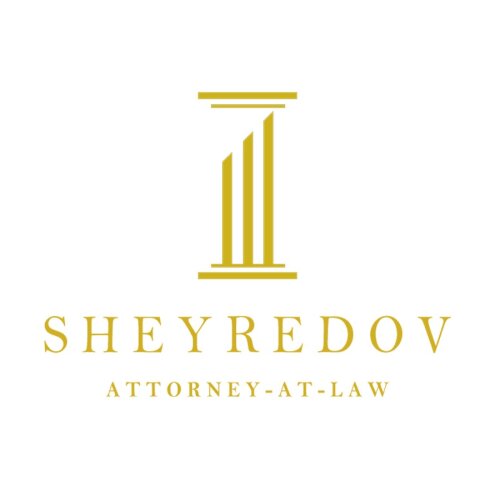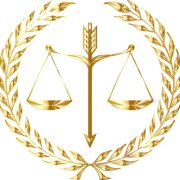Best Consumer Protection Lawyers in Bulgaria
Share your needs with us, get contacted by law firms.
Free. Takes 2 min.
Or refine your search by selecting a city:
List of the best lawyers in Bulgaria
About Consumer Protection Law in Bulgaria
Consumer protection in Bulgaria is governed primarily by the Consumer Protection Act. This law is designed to safeguard the rights of consumers in their dealings with businesses, ensuring fair trade, competition, and the free flow of truthful information in the marketplace. The law covers a wide range of areas including product safety, unfair commercial practices, misleading advertising, and the rights to information, safety, choice, and representation. The Bulgarian Commission for Consumer Protection (CCP) is the primary governmental body tasked with enforcing these regulations and protecting consumer rights in the country.
Why You May Need a Lawyer
While the consumer protection laws are designed to be clear and accessible, there are situations where professional legal advice may be necessary. Common scenarios include disputes over the quality and safety of goods or services, disagreements arising from unfair contract terms, issues with guarantees and warranties, and cases involving misleading advertising or deceptive business practices. A lawyer specializing in consumer protection can provide invaluable assistance in interpreting the law, advising on rights and responsibilities, and representing individuals in disputes, whether through mediation, negotiation, or legal proceedings.
Local Laws Overview
Bulgaria's Consumer Protection Act encompasses several important aspects central to consumers' rights. Some key components include:
- Product Safety: Products and services offered in Bulgaria must meet certain safety standards to prevent harm to consumers. The CCP monitors compliance and can recall dangerous products.
- Unfair Trade Practices: Businesses are prohibited from engaging in practices that are misleading, unfair, or aggressive towards consumers. This includes false advertising and coercive sales tactics.
- Right to Information: Consumers have the right to clear, comprehensible, and accurate information about products and services, ensuring they can make informed choices.
- Consumer Contracts: The law provides protections against unfair terms in consumer contracts, which are deemed non-binding if they cause a significant imbalance to the detriment of the consumer.
- Guarantees and After-Sale Services: Consumers are entitled to statutory guarantees for the products they purchase, and sellers must provide repair, replacement, or refunds for defective goods within a specified period.
Frequently Asked Questions
What rights do I have if I purchase a faulty product?
You have the right to a repair, replacement, or refund if a product is faulty, not as described, or does not do what it is supposed to do. The standard warranty period is two years from the date of purchase.
How can I complain about misleading advertising?
Misleading advertising can be reported to the Bulgarian Commission for Consumer Protection. They can investigate and take appropriate action if a business is found to be in violation of advertising rules.
What should I do if a contract contains unfair terms?
If you believe a contract contains unfair terms, you should consult with a lawyer who can assess the situation and possibly challenge these terms in court under the Consumer Protection Act.
Are there protections for online shoppers?
Yes, the law extends to online purchases, providing rights to return goods within 14 days for any reason and requiring clear information about the transaction to be provided beforehand.
Can I cancel a service contract after signing it?
You typically have a 14-day cooling-off period during which you can cancel a service contract without bearing any penalty, although this period may vary depending on the type of service.
What steps should I take if I am overcharged for a product or service?
First, contact the business for correction. If this fails, you may lodge a complaint with the CCP or seek legal advice on recovering the overcharged amounts.
How do I approach a consumer dispute out of court?
Mediation or negotiation through a consumer advocate or lawyer are often effective ways to resolve disputes out of court, avoiding costly and time-consuming litigation.
Is legal aid available for consumer disputes?
Legal aid may be available for those who qualify based on income or other criteria. It’s advisable to check with a lawyer or legal aid service to understand your eligibility.
How does the CCP enforce consumer protection laws?
The CCP can initiate investigations, enforce product recalls, impose fines, and work with businesses to ensure compliance with the Consumer Protection Act.
Can international consumers also get protection in Bulgaria?
Yes, consumer protection laws apply to all consumers, including international buyers purchasing goods or services from Bulgarian businesses.
Additional Resources
For more information, you can contact the following resources:
- Commission for Consumer Protection (CCP): The primary agency for enforcing consumer protection laws in Bulgaria.
- European Consumer Centre Bulgaria: Providing assistance and advice for cross-border consumer issues within the EU.
- Bulgarian Ministry of Economy: Oversees consumer policy and supports consumer rights initiatives.
Next Steps
If you need legal assistance in consumer protection, consider the following steps:
- Gather all relevant documentation, including receipts, contracts, correspondence, and any evidence related to the issue.
- Consult with a lawyer who specializes in consumer protection to discuss your case and explore your options.
- If seeking resolution through formal channels, submit a detailed complaint to the CCP or the relevant authority.
- Consider mediation or alternative dispute resolution as a viable option to settle disputes without going to court.
Lawzana helps you find the best lawyers and law firms in Bulgaria through a curated and pre-screened list of qualified legal professionals. Our platform offers rankings and detailed profiles of attorneys and law firms, allowing you to compare based on practice areas, including Consumer Protection, experience, and client feedback.
Each profile includes a description of the firm's areas of practice, client reviews, team members and partners, year of establishment, spoken languages, office locations, contact information, social media presence, and any published articles or resources. Most firms on our platform speak English and are experienced in both local and international legal matters.
Get a quote from top-rated law firms in Bulgaria — quickly, securely, and without unnecessary hassle.
Disclaimer:
The information provided on this page is for general informational purposes only and does not constitute legal advice. While we strive to ensure the accuracy and relevance of the content, legal information may change over time, and interpretations of the law can vary. You should always consult with a qualified legal professional for advice specific to your situation.
We disclaim all liability for actions taken or not taken based on the content of this page. If you believe any information is incorrect or outdated, please contact us, and we will review and update it where appropriate.
Browse consumer protection law firms by city in Bulgaria
Refine your search by selecting a city.

















